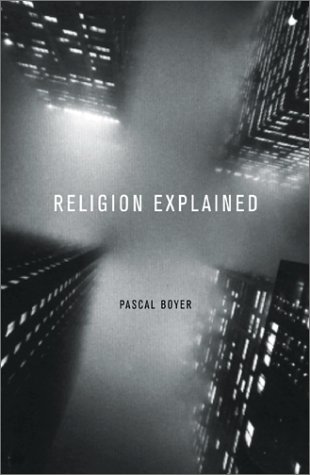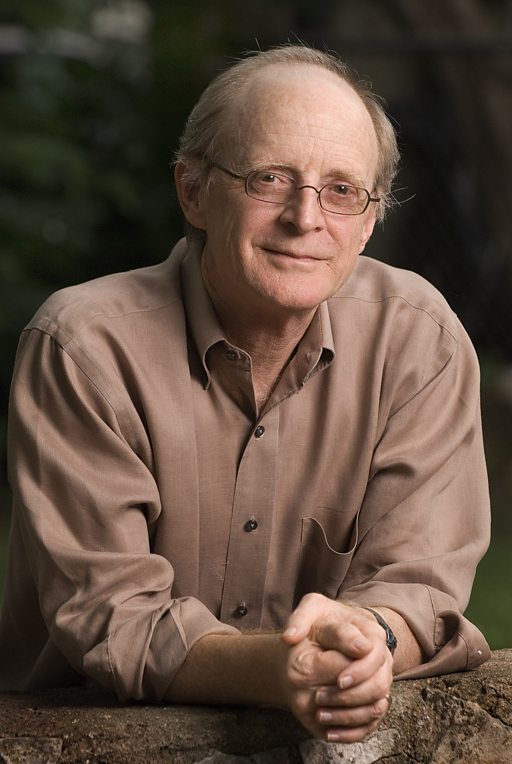I’ve been thinking through how best to complete the second part of my post, Atheists Do Not Understand Religion, trying to figure out the clearest way to present the results of the anthropological research which means trying to get them ever more clear in my own mind first. At the same time I have found myself attempting to apply these particular ways humans work to understanding the answer to the question of why some atheists are so hostile towards Jesus mythicism.
I was working towards an understanding back in March this year but what I have read again in Boyer’s book I think has helped crystallize my understanding with a theoretical or research backing.
We “essentialize” things. Or the words used by Boyer are “essentialist” thinking and “essences”. So in many cultures there is something about, say, blacksmiths that makes them essentially different from “respectable society”. There is some indefinable internal quality about blacksmiths that make them different from everyone else, that makes it unthinkable that your daughter would ever marry one (unless you yourself are a blacksmith). Boyer speaks of an “essentialist inference system” that applies to the way we recognized different classes of objects and even groups of people.
One of the “essences” that many atheists see characterizes their “group identity” as atheists is a sense that they are smarter, more intelligent, more reasonable, than other groups of people who believe in angels and miracles. One essential difference perceived between the two is that the atheist sees himself accepting of the world’s scientific heritage while others either reject much of it outright (young earth creationists) or at least accept it only with qualifications (evolution but with God’s guiding finger).
Other groups that contain the same essential quality of rejecting established scientific and scholarly wisdom are holocaust deniers, flat-earthers, moon-landing deniers, anti-vaccers.
What they all have in common, or the “essential” difference between them all and the atheist, is that they all reject some plank of the scholarly wisdom as established in the trusted centers of learning, public universities and research centres.
One constant that has come through loud and clear from atheists who scoff at the very idea that anyone would claim Jesus did not exist is their pointing to “what the scholars say”. They appeal, always, to the mainstream intellectual academy, and its “consensus”. That appeal, I think, is a constant. We even see some biblical scholar comparing the rejection of the beliefs marking their field of study with the rejection of evolution among biologists or paleontologists.
I think what is happening when certain atheists ridicule or deplore Jesus mythicists is they are intuitively “essentializing” them with the same classes of people who reject the mainstream scholarly institutions in favour of their own idiosyncratic views about the shape of the earth or how old it is and how life got here.
We know they do equate mythicists with such people because they say so openly. But I think many others of us have never understood quite why they do and we have tended to think that if only they heard the arguments they would see things our way. But it doesn’t work like that, does it.
We know they will sometimes listen to the arguments but then reject them outright, often misrepresenting some of them in return. What is going on here?
Boyer also speaks of “coalitional” intuitions. We seek out coalitions that bring likely reward and reduce likely costs in our lives. And sometimes this means that we have to rationalize away certain assumptions about our “essentialist” thinking with other groups:
Now Fang lineages span territories so huge that everybody has lineage “cousins” they seldom interact with. In these rare cases, essentialist understandings of lineage would suggest that you can trust them anyway (these people are the same substance as you are, you know their personality type and therefore their reactions) whereas coalitional intuitions would recommend caution (since this is a first-time interaction and will probably remain a one-time event, why should they do you any favors?). People in such cases generally follow their coalitional intuitions but then reconcile this with their essentialist concepts by saying that they are not in fact certain that these people really belong to their lineage.
(Boyer, Religion Explained, p. 289)
We find ad hoc reasons to reject evidence that contradicts our interests. Atheists who see themselves as “bright” or at least intelligent enough to know God is not real and that genuine knowledge is found in the halls of academic and research institutions will as a rule side with those institutions to maintain their self-image or identity. Evidence that would otherwise lead them to challenge such a position is rationalized away.
Yet there are indeed a good many academics themselves who do indeed question the historical existence of Jesus, or are at least open to the possibility that there was no such figure. We have seen most recently PZ Myers “come out” here; others we know of are Jerry Coyne, Hector Avalos, Philip R. Davies, Paul Hopper, Burton Mack, Steven Pinker, Richard Dawkins, Christopher Hitchens, Greta Christina, Michel Onfrey, Thomas Brodie, Kurt Knoll, Arthur Droge…. and others. I believe what is happening here is that a good number of people long embedded within the institutions of academe know full well just how flakey some scholarship can be and they do not hold the same unqualified reverence for all its branches and persons as many outsiders do.
Like this:
Like Loading...





